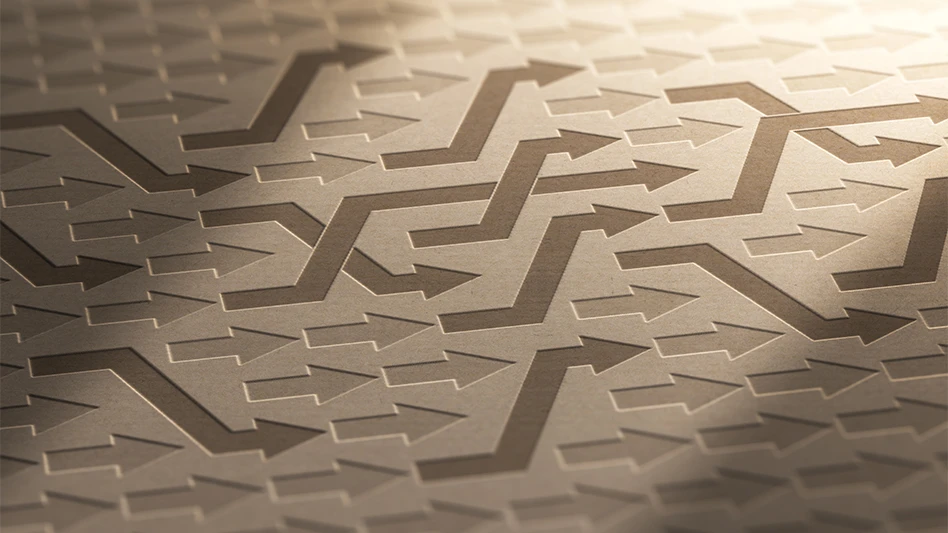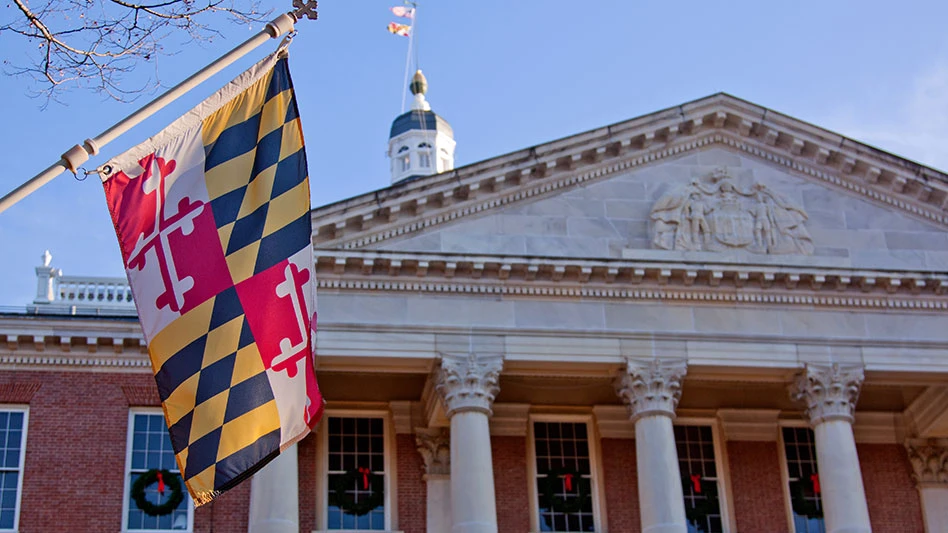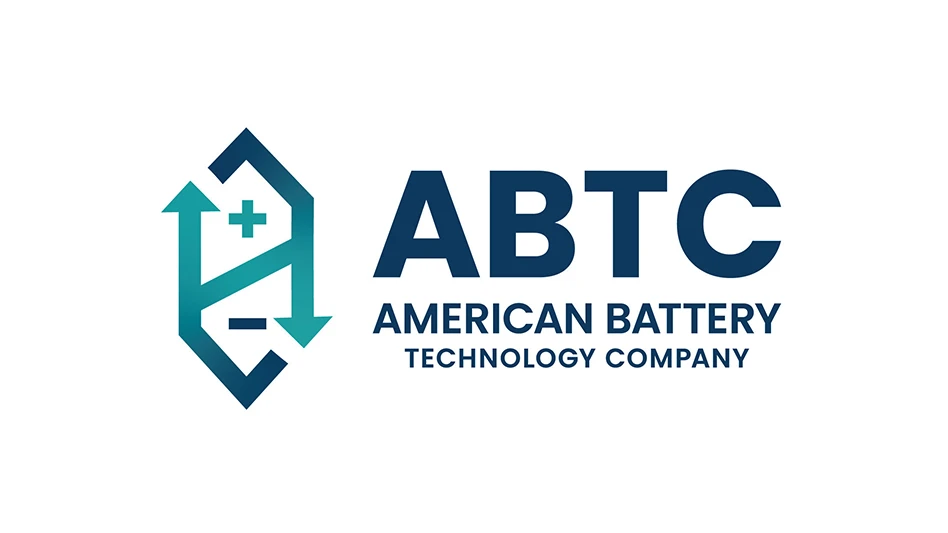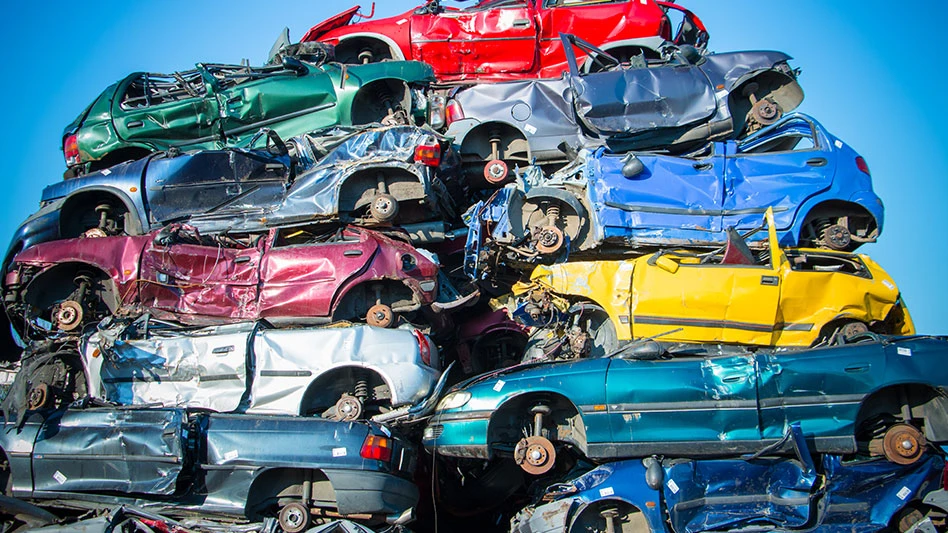Playful packaging
 Creative ideas can emerge when thinking outside the box. Since Ernest Packaging Solutions, Los Angeles, and Signal Snowboards, Huntington Beach, California, have partnered for their YouTube series, Cardboard Chaos, the companies have created unconventional products from old corrugated containers (OCC). The Cardboard Chaos series has revealed snowboards, surfboards and pushbikes all made from OCC. The most recent design featured a skateboard, where Ernest Packaging Solutions and Signal Skateboards tested a few builds, with pro skateboarder Tony Hawk taking one of the cardboard skateboards for a ride.
Creative ideas can emerge when thinking outside the box. Since Ernest Packaging Solutions, Los Angeles, and Signal Snowboards, Huntington Beach, California, have partnered for their YouTube series, Cardboard Chaos, the companies have created unconventional products from old corrugated containers (OCC). The Cardboard Chaos series has revealed snowboards, surfboards and pushbikes all made from OCC. The most recent design featured a skateboard, where Ernest Packaging Solutions and Signal Skateboards tested a few builds, with pro skateboarder Tony Hawk taking one of the cardboard skateboards for a ride.
While these innovative products are not (yet) available for purchase, the Cardboard Chaos series shows different ways to keep useful materials out of landfills, Ernest says.
“There’s so much waste that ends up in landfills,” Ernest says, adding, “Much of that waste comes from packaging, and we at Ernest work with clients every day to reduce their packaging waste and find sustainable solutions.”
Recycling rebound
 When tennis balls lose their bounce, it has generally been presumed that they have lost their purpose. Each year, in the U.S. alone, 125 million tennis balls are sold, most of which end up in landfills. “There is no industry solution to recycling tennis balls,” according to Project Green Ball, a nonprofit sustainability initiative that coordinates recycling programs for used tennis balls.
When tennis balls lose their bounce, it has generally been presumed that they have lost their purpose. Each year, in the U.S. alone, 125 million tennis balls are sold, most of which end up in landfills. “There is no industry solution to recycling tennis balls,” according to Project Green Ball, a nonprofit sustainability initiative that coordinates recycling programs for used tennis balls.
Project Green Ball has teamed up with tennis clubs and facilities nationwide to collect balls for recycling. The group also has partnered with Retour Tennis, a family-owned tennis store based in Madison, Wisconsin, that has created the AD-IN Bin, a recycling bin for tennis balls that can adjust to any courtside fencing and serve as a collection point for old or unused tennis balls.
“We are in the throes of trying to get tennis ball recycling off the ground in this country,” says Retour co-owner Sarah Dermody. “The bin came from trying to figure out how and where recycling could be the most effective.”
Repurposed reefs
The reefs may be artificial, but the habitats they provide are real.
 Since 2012, Juno Beach, Florida-based Florida Power & Light Co. has donated 183 concrete poles to an artificial reef program, diverting 3,000 tons of concrete from landfill.
Since 2012, Juno Beach, Florida-based Florida Power & Light Co. has donated 183 concrete poles to an artificial reef program, diverting 3,000 tons of concrete from landfill.
The artificial reefs, located off the coast of St. Lucie County, Florida, provide habitats to more than 110 species of marine life.
In light of the success seen in St. Lucie County, the company is expanding its donations to artificial reef programs in other coastal counties.
Florida Power & Light says it now incorporates a recyclable assessment process on any project that involves transmission infrastructure.
Do you have a unique recycling-focused story? Please send a press release to Megan Workman at mworkman@gie.net.

Explore the September 2015 Issue
Check out more from this issue and find your next story to read.
Latest from Recycling Today
- Metso launches electric Anode Weighing and Casting Machine
- Circular by Shapiro releases "5 for Five" sustainability series
- Graphic Packaging set to close Ohio CRB facility
- Ameripen voices support for Maryland EPR bill
- Maryland county expands curbside recycling to include electronics
- California EPS ban will be enforced
- YKK AP America introduces BetterBillet
- Fresh Perspective: Cameron Keefe





